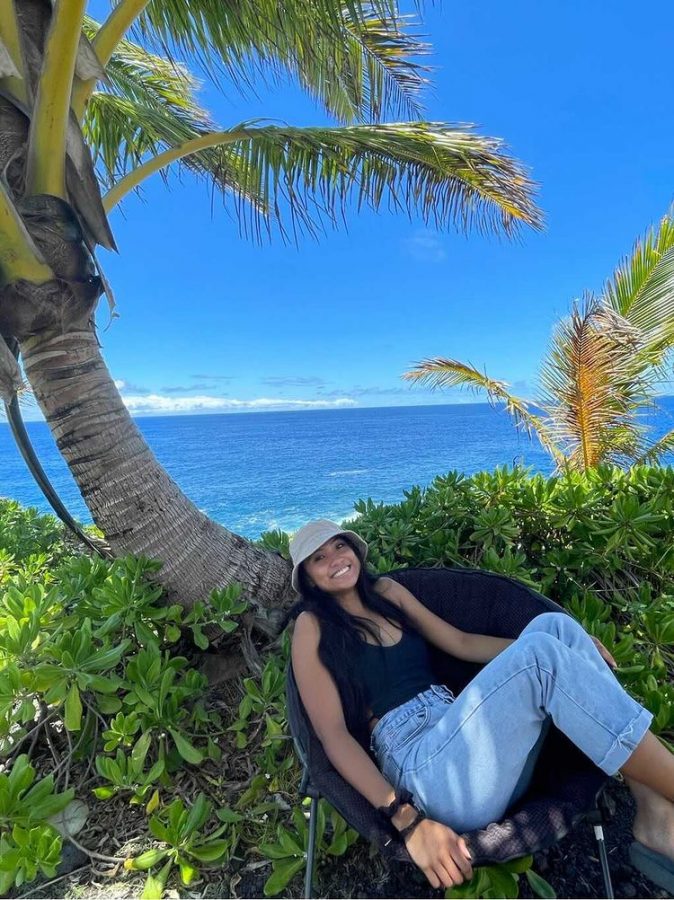We should be respectful when we visit native lands. For the sake of this argument, we need to be respectful when visiting the widely popular land of Hawai’i.
The concept of traveling excites me like none other.
My idea of a perfect trip is one where I get to visit a local market at least once and be amongst the locals. Don’t get me wrong — I love visiting resorts but there’s something about venturing on the unbeaten path that brings me so much joy.
One of the places I want to visit the most is Hawai’i. The colors and food that exist on the gorgeous island are enough to draw my attention and keep it for a while. Despite this, I know the island is not only full of superficial beauty but also decades of beautiful history, tradition and cultures.
These are things I will remind myself when I visit the island in the future, and I urge my fellow San Diego State community to do the same when visiting sacred lands.
Junior psychology major Cienna Corpuz was born in the Philippines but was raised in Hawai’i. Corpuz said she has a deep connection to the island and the people who live there and immerses herself in the culture.
She goes to the beach with her friends to destress, but she admits sometimes she feels as though she takes it for granted.
Hawai’i, she said, is constantly changing.Every once in a while a new store will pop up in the local mall, but the consistency in familiarity is unique.
“I think something that we really value is family and like loyalty to one another and like looking out for one another,” Corpuz said.
She said even though the people of Hawai’i come from different races and backgrounds, they look out for one another because they all know what it’s like to struggle.
Corpuz said Hawai’ian locals are mad at the lack of consideration some tourists have towards the land, especially during the COVID-19 pandemic.
Despite this, Corpuz said she’s seen many people point out it’s not only tourists who have a disregard of COVID-19 and she wants to remind people that.
Corpuz also said it’s crucial for anyone visiting to care about learning about the place they visit and the culture that exists there.
“Be cautious of what you’re doing and where you go and just be respectful because you are pretty much going to someone else’s home,”Corpuz said.
She said people don’t always realize that people live off the island itself and have such a deep connection to it.
Corpuz said as she grew up, she would learn about customs that seem second nature now. For example, she was taught not to take rocks near volcanoes home, which is something not all visitors know not to do.
I’ve heard a story about a woman who took a rock to give to an acquaintance as a token, after she had visited Hawai’i.
She later realized it was cursed because of the onslaught of bad luck poured over her after. When she got into a car accident she called her friend and asked for the rock back.
“Respect” means different things for different people and cultures, so before I set foot in Hawai’i, I will take the time to find out where I want to go, and I’ll have my reasons why. I’ll prepare sincere questions to ask the locals because the history that exists within the land draws me in just as much as the beach, so I’ll do all I can to preserve both.
It’s not about what I can take from the land, but about understanding what it freely gives. This should be the mindset for every adventurer who seeks to travel around the world.
Lucelis Martinez is a junior studying journalism. Follow her on Twitter @Lucelispm.







